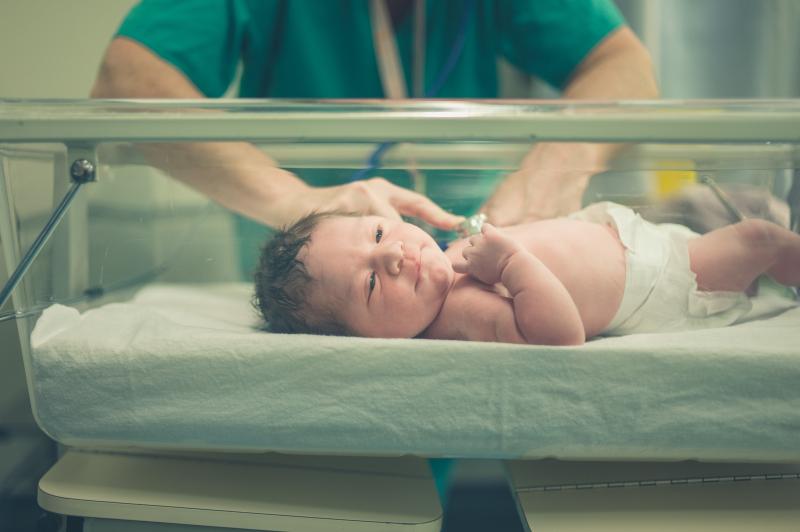
Massage therapy (MT) in children is linked to adverse events (AEs) ranging from mild to severe, and in preterm neonates, abdominal MT presents an increased hazard of intestinal volvulus without anomalies of rotation, according to a study.
Researchers performed a systematic review of 60 studies to examine AEs associated with paediatric MT. They synthesized data by classifying AEs based on their severity (from grade 1 [asymptomatic] to grade 5 [death]) and association to the intervention (direct, if directly caused by the intervention, or indirect, if the intervention caused a delay in diagnosis or treatment resulting in an AE).
Of the included studies, 31 (51.6 percent) did not report any information on AEs, 13 (21.6 percent) reported that no AE occurred, and 16 (26.6 percent) reported at least one AE after MT.
Twenty mild events (grade 1) occurred and were resolved with minimal intervention, 26 moderate events (grades 2–3) required medical intervention, and 18 severe AEs (grades 4–5) resulted in hospital admission or prolongation of hospital stay. Of the severe AEs, 17 were volvulus in premature infants, four of which led to death.
One study identified an indirect AE, wherein four children had Staphylococcus aureus osteomyelitis, which presented as upper arm swelling. The study authors pointed to the use traditional MT for swelling as a potential cause for delay in the diagnosis and treatment, leading to progression of the infection (grade 3).
The majority of included studies that did not report whether an AE occurred or not led to publication bias. Still, even if causality of the association between abdominal massage and volvulus without malrotation among preterm infants has yet to be established, the findings warrant caution in the use of MT in preterm infants.